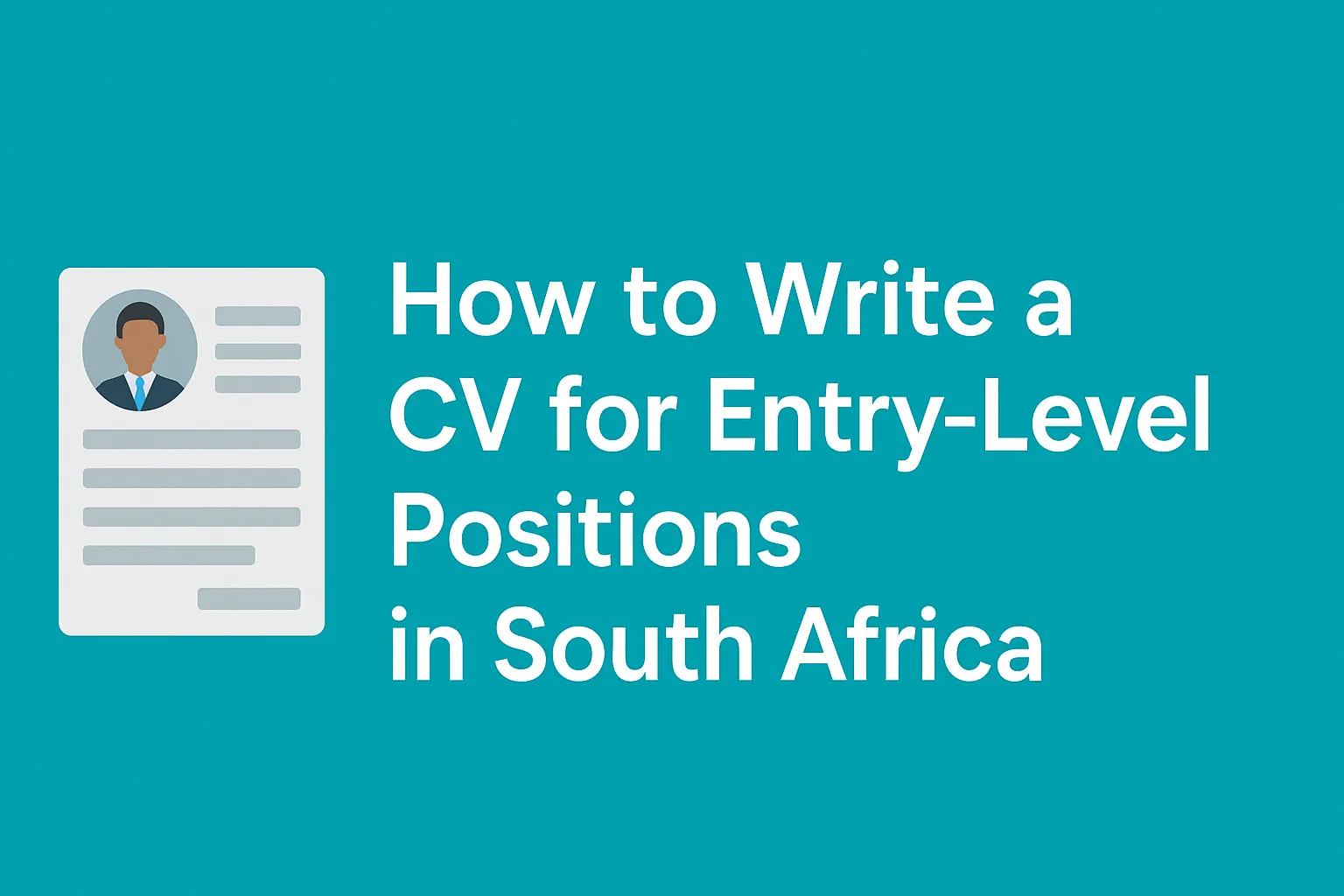Empowering Education: Your Guide to Becoming a Teacher Assistant in South Africa (for Youth)
Are you a young, enthusiastic South African looking to make a real difference in your community? Do you have a passion for learning and helping others? Becoming a Teacher Assistant (also known as an Education Assistant or General School Assistant) could be your ideal entry point into the world of education! These vital roles, often


